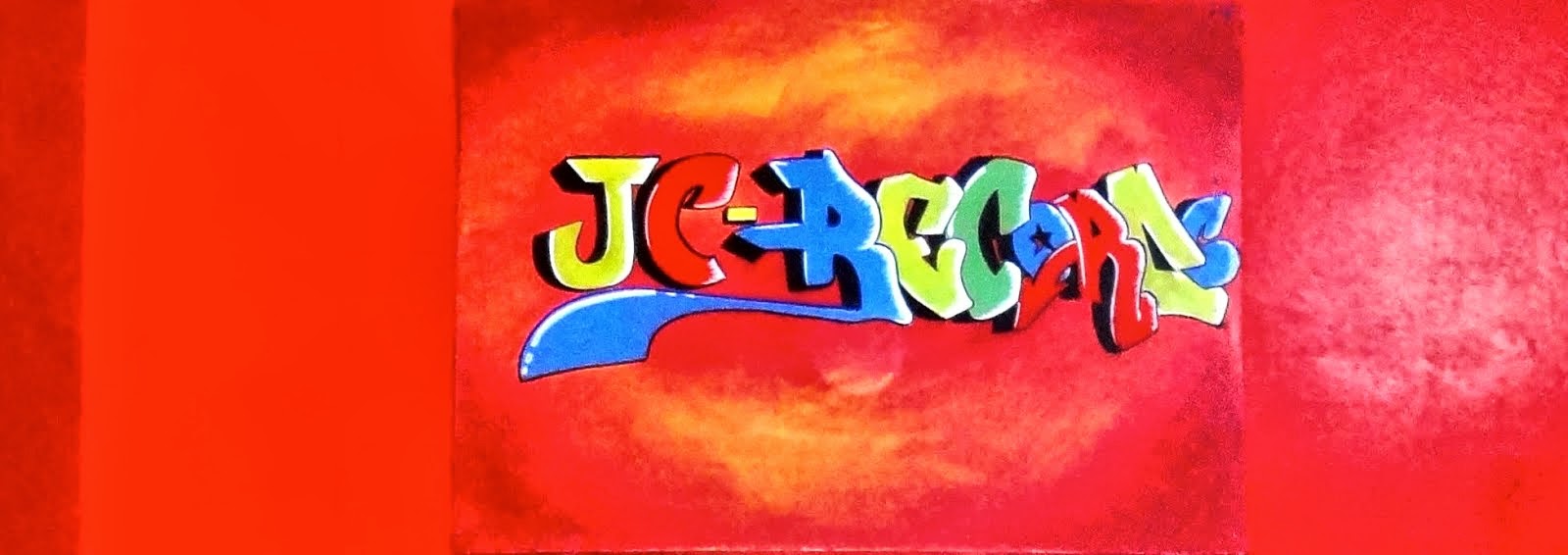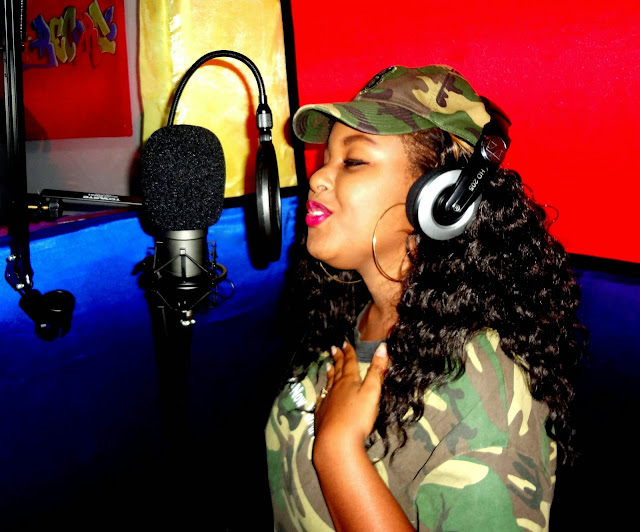Are you a lyric writer that is
stuck with coming up with a title
for your song?
Titles are very important parts
of your song, because they are
often the part of the song that
is remembered the most.
As you create your title, remember
that you want it to be related to
what you are trying to get across
to your audience.
As you say the title of the song,
listen to how it sounds to the
ear. You want to make sure that
it is pleasing to the ear.
As well as being to pleasing to
the ear, you also want to make
sure that after the listener
hears that title that they
want to also listen to the rest
of the song.
Set aside an evening that will
be totally dedicated to watching
TV. Now you won't be watching
it to watch the TV shows. You
want to watch with your ears
instead of your eyes.
Make sure that you have a journal
or notebook with you so that
you can write down words, phrases
or titles that catch your
attention.
If they caught your attention,
then they have caught other
peoples' attention. These
may be words and phrases
that you might be able to use
yourself.
You can do the same thing with
a book or a newspaper. Make it
a habit to read books, newspapers
and magazines, critically watching
for titles that might stand out.
Once you have these written down
in your notebook, it is time to
analyze what you have written
down.
The first thing that you want to
decide is what made you write it
down to begin with. You want to
see if it is the particular words
in the phrase or if it is the
sounds for the way the words are
formed. Did the words rhyme are
certain way? Make sure you have
an understanding as to why you
chose them.
Something else that you can do is
to take a blank sheet of paper
and for 5 minutes (set the timer)
just start writing titles. Don't
worry about how they look or how
they sound, just write.
Write as fast as you can about
anything that comes to your
mind. Once the buzzer goes off,
then stop writing. Read
everything that you have
written and look for anything
that might catch your
attention that you might be
able to use in a title.
Once you have decided on a title
write it down so that you don't
forget it. You can write it
down in your rap journal. Write
down any other titles that you
thought about as you might be
able to use them later on.












